Distressing footage from Blue Planet II of plastic pollution damaging the oceans has galvanised the UK into taking action. Although the problem is vast, you can make an immediate, positive impact to reduce your plastic usage.
Here is our guide to plastic pollution in the UK with advice on how to reduce your consumption of plastic in your daily life.
Plastics facts
- 13 billion plastic bottles are discarded by UK consumers each year. (Recoup)
- 8 million metric tons of plastic end up in the world’s oceans every year. (Science)
- 1.7 grammes of microfibre are released per wash of a synthetic fleece jacket. (University of California)
- 85% of human debris on the world’s shores is made up of plastic microfibres. (MA Brown study)
- 72 beverage containers are found per 100m of beach in England. (MCSUK)
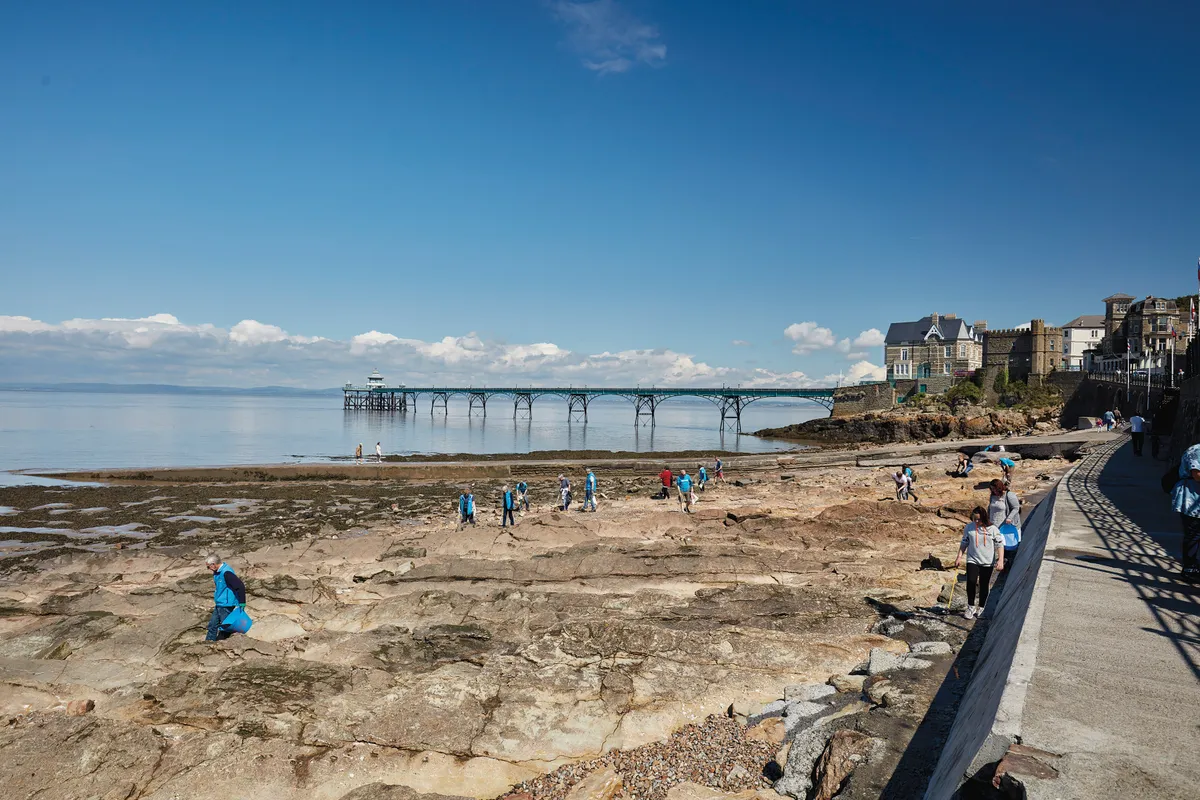
What's the issue with using plastic?
More than eight million tons of plastic end up in the oceans each year. This debris results in an estimated $13 billion a year in losses from damage to marine ecosystems, including financial losses to fisheries and tourism as well as time spent cleaning beaches.
Garbage patches have developed in the Pacific, Atlantic and Indian Oceans, mainly comprising plastics that are not biodegradable. The microplastics (plastics less than 5mm) of the Great Pacific Garbage Patch make the water look like a cloudy soup. These enter oceans as beads from personal care products; microfibres from clothes; nurdles (lentil-sized plastic pellets used to make nearly all of our plastic products); or from larger plastic items that have broken into small pieces. Microplastics are found everywhere from seabeds to Arctic ice.
Drifting plastic accumulates algae and smells similar to the krill that many marine animals feed on. Thousands of albatross chicks die in the North Pacific Ocean from starvation, toxicity and choking on plastics. The UK’s fulmar population is also affected, with nurdles found in the digestive system of 90% of sampled birds.
How to reduce your plastic consumption
1
Ditch the plastic bags
Lightweight plastic carrier bags – carrier bags with a thickness below 50 microns –become waste more quickly and are more prone to littering due to their lightness. Littering of plastic carrier bags results in environmental pollution and aggravates the widespread problem of litter in water bodies, threatening aquatic eco-systems worldwide.
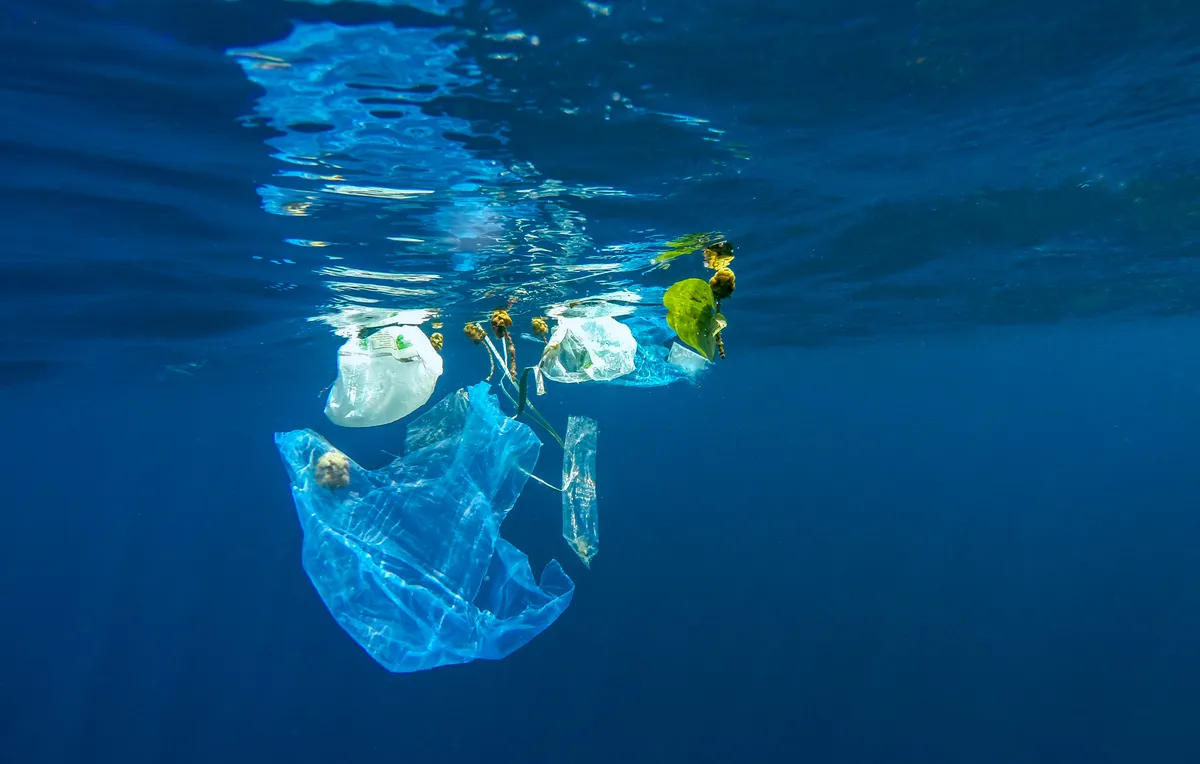
2
Switch to natural products
Choose personal care products (such as scrubs and peels) that use sand, salt or coconut rather than plastics particles that release microbeads and nurdles that ultimately make their way into the seas. Switching to shampoo and soap bars rather than using liquid soaps sold in a plastic single-use bottle is another good way to reduce the plastics in your bathroom.
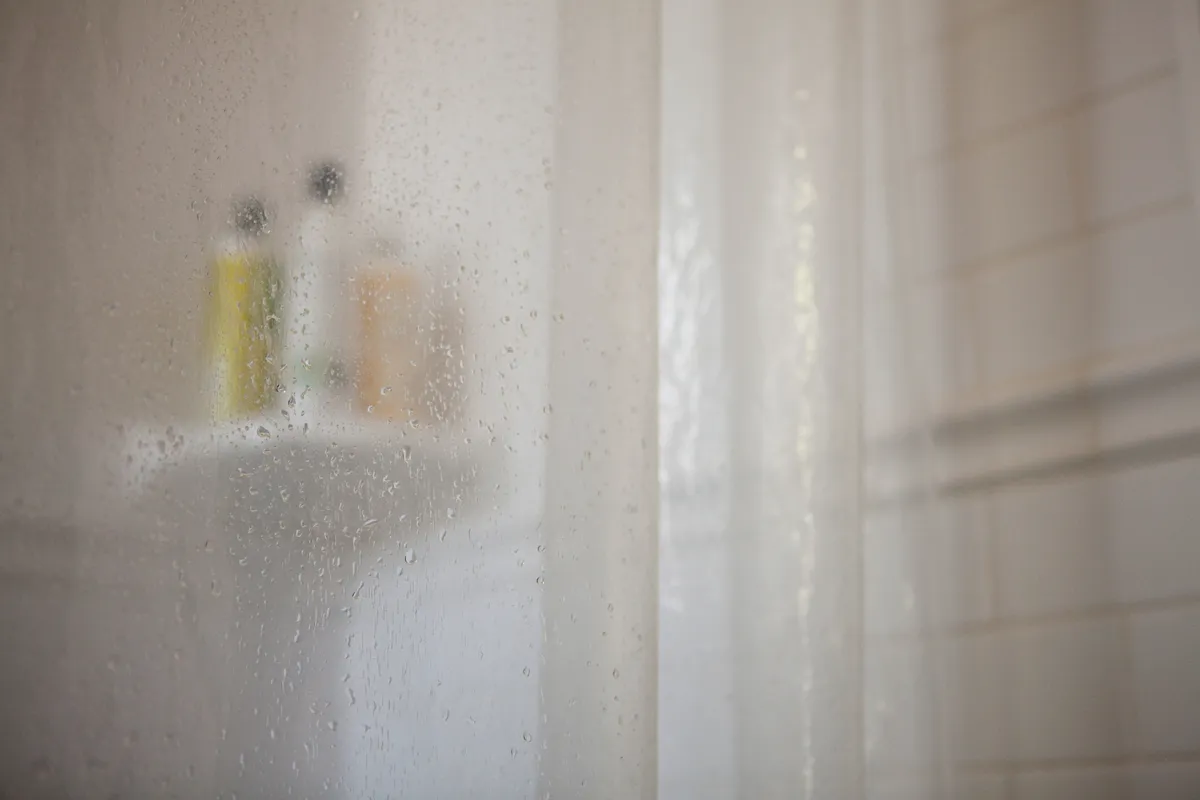
3
Use a reusable drink bottle and coffee cup
Take your own recyclable coffee cup when you next order a brew. Speak to and write to those coffee chains that still use plastic straws, lids, cups and plastic cutlery. Carrying a refillable water bottle is another easy way to reduce plastic usage (and save money!) over buying single-use plastic water bottles. Many cafes and bars will now refill your bottle if you ask.
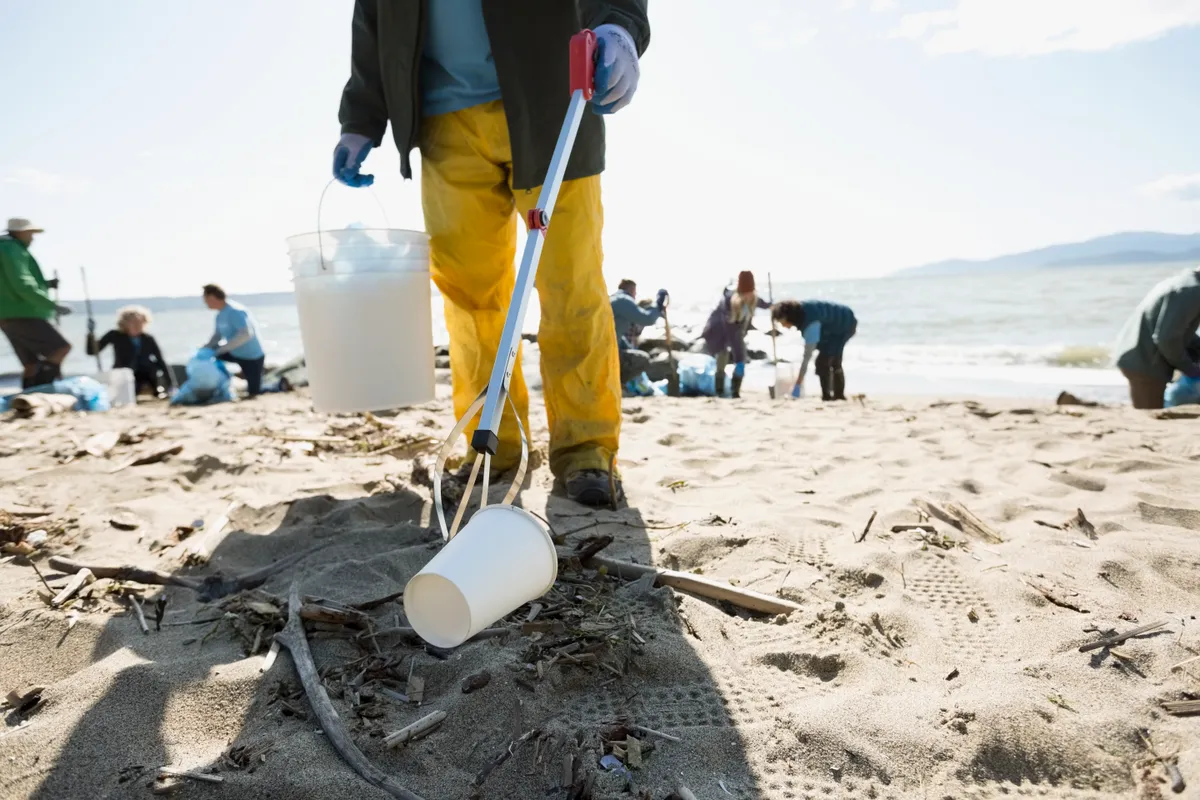
4
Buy loose ingredients
When you do your weekly shop from a supermarket, choose options that are not packaged in plastic. Avoid processed food, which often comes in plastic packaging. Buy fresh and raw ingredients loose from shelves and cook your own meals. Consider ordering vegetable boxes from local farms and organic suppliers. They deliver fresh seasonal food plastic-free.
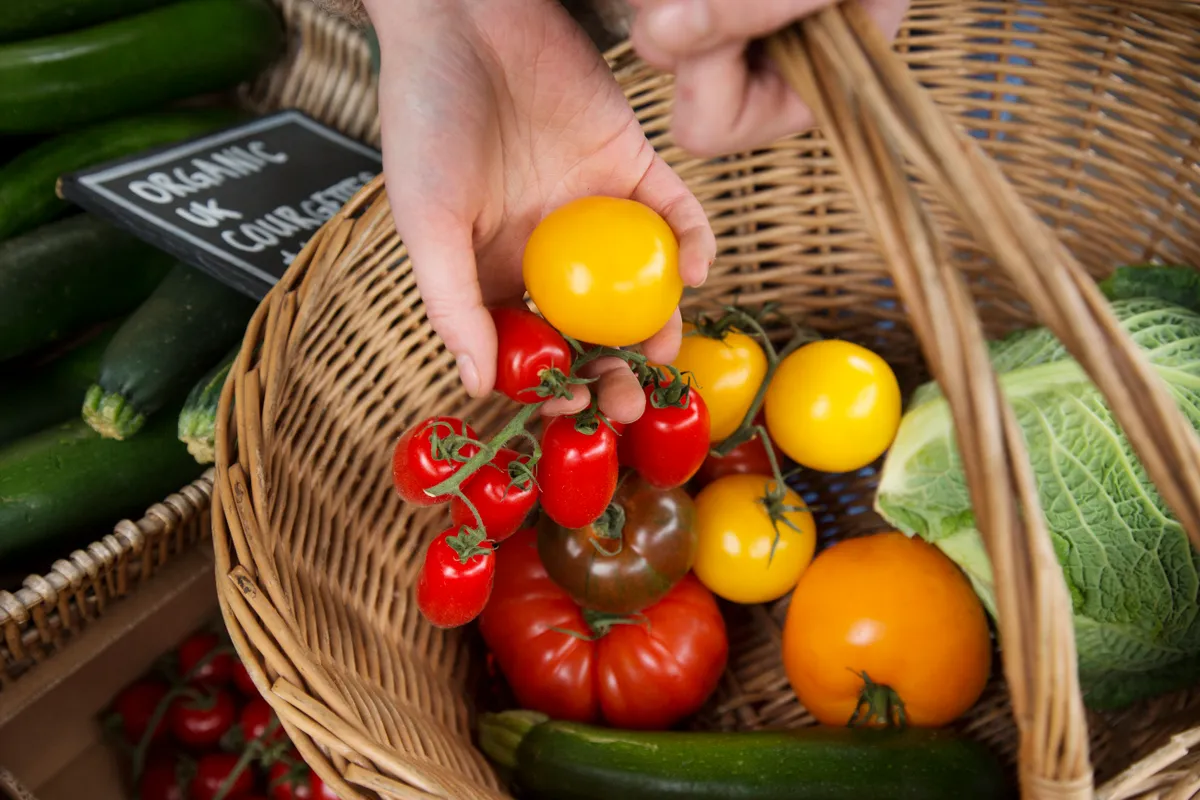
5
Avoid synthetic fibres
Buy clothes made from natural fibres. Many of our clothes are made from plastics such as polyester and acrylic. Synthetic fibres flake off in washing machines and enter the water course, settle on seabeds and enter the marine food chain. A single washing cycle can release 700,000 microscopic fibres.
A campaign last year by Greenpeace spurred several outdoor brands to promise to end their use of PFCs in their clothing and use new oil-based coatings that give just as good water-repellency.
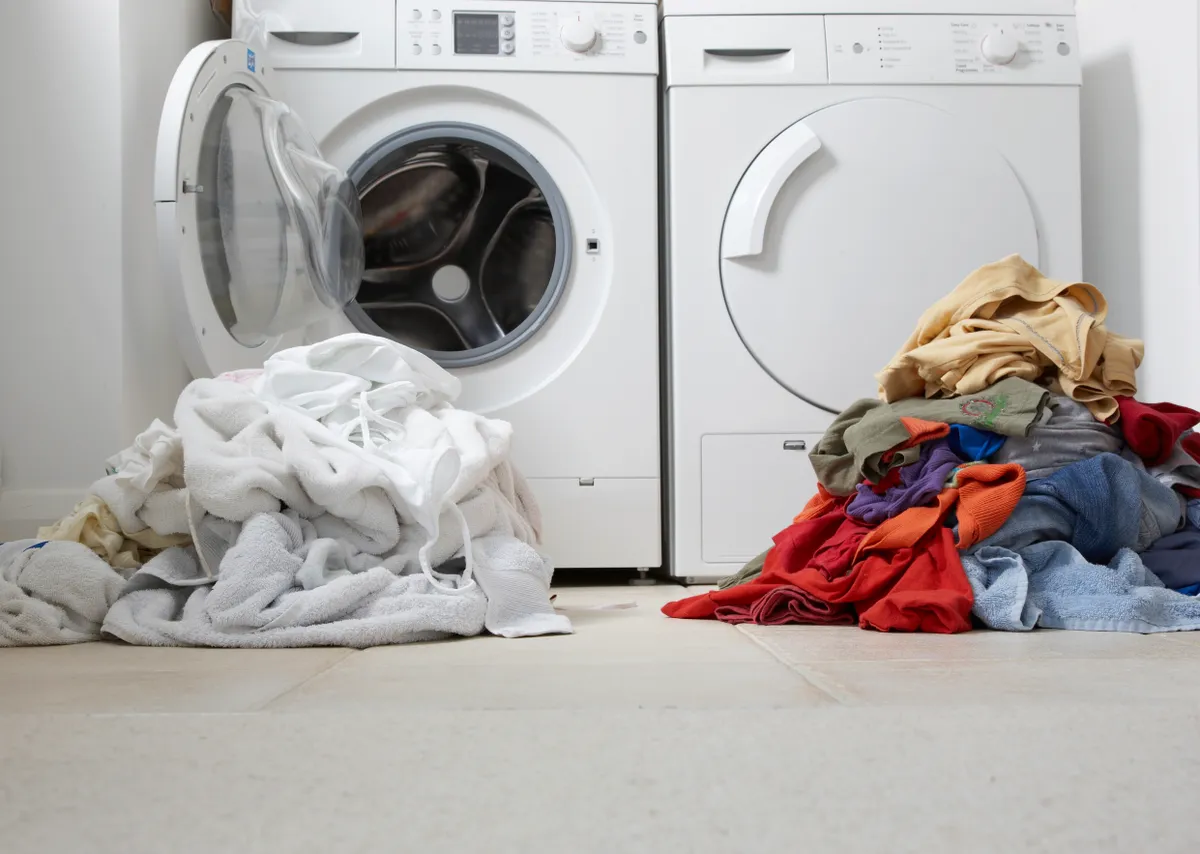
6
Write to suppliers
Write to shops and companies, such as train companies and supermarkets that sell fruit and pastries – often single items - wrapped in hard plastic. Urge them to switch to reusable or fully compostable alternatives.
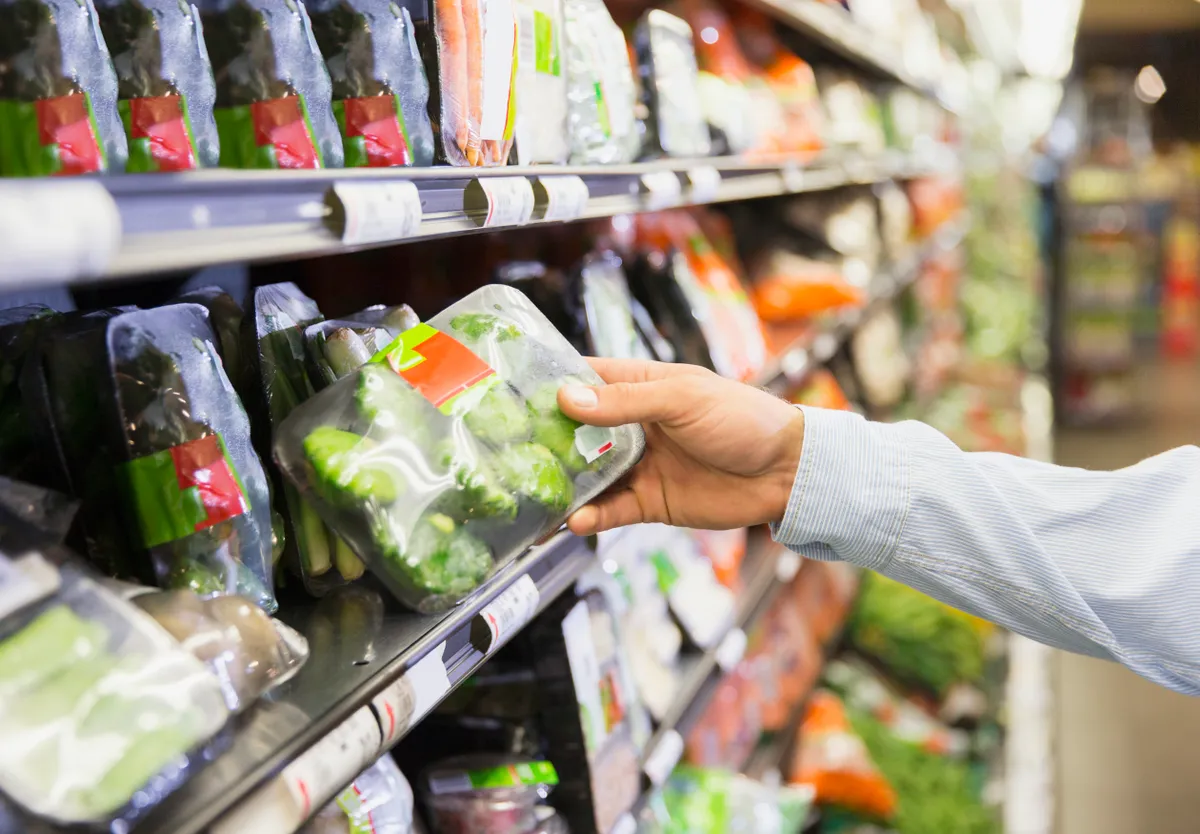
7
Take part in a beach clean or litter pick
Take part in a beach clean. Spend just two minutes doing a litter pick on the beach. Spread the word by documenting your efforts online with the hashtag #twominutebeachclean.
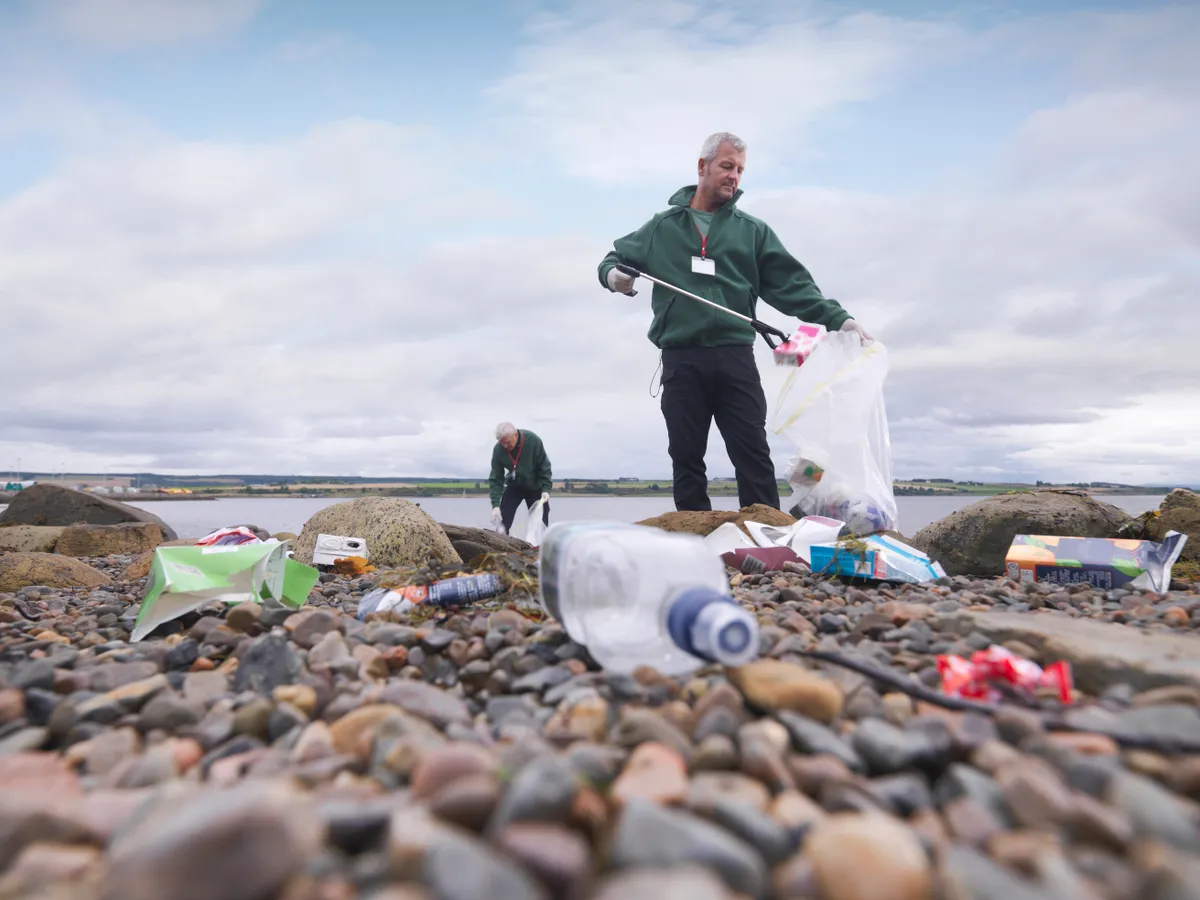
Litter Heroes Campaign: what is it and how to get involved
BBC Countryfile Magazine is joining forces with The Outdoor Guide, Keep Britain Tidy, the RSPCA and many others to launch the Litter Heroes Campaign.
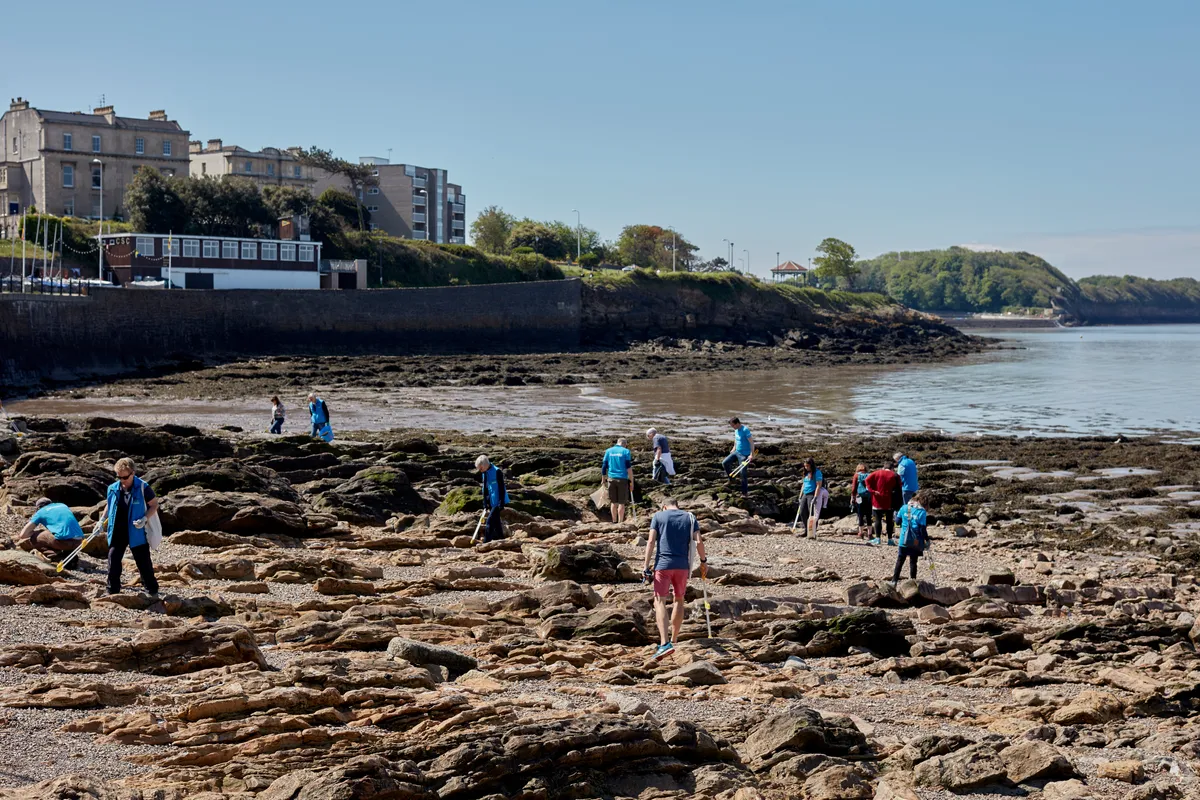
8
Think differently about your purchases
Look at alternatives for other everyday items, such as toothbrushes made from bamboo rather than plastic, or organic cotton buds with 100% biodegradeable card sticks. You can refill empty laundry detergent bottles at local stores or consider beeswax food wraps rather than cling film made from crude oil.
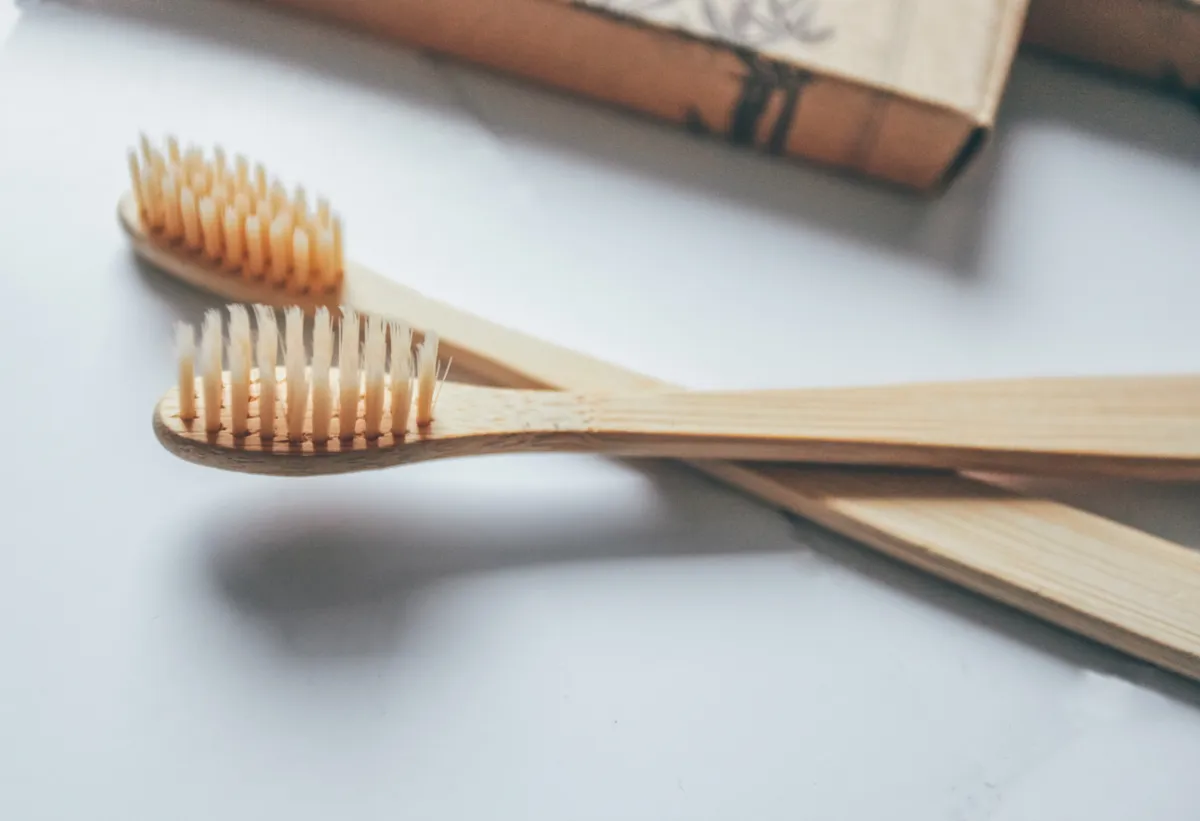
9
Report nurdles
Nurdles are the pre-production plastic pellets used in plastics manufacturing, and they end up in our oceans in their millions due to mishandling and accidental spilling in industry. Nurdles attract and concentrate background pollutants such as DDT and PCBs to highly toxic levels. They are often mistaken for food by marine and bird life. They don’t biodegrade – over time they simply fragment into smaller and smaller particles. If you find any nurdles, you can register them via: www.nurdlehunt.org.uk
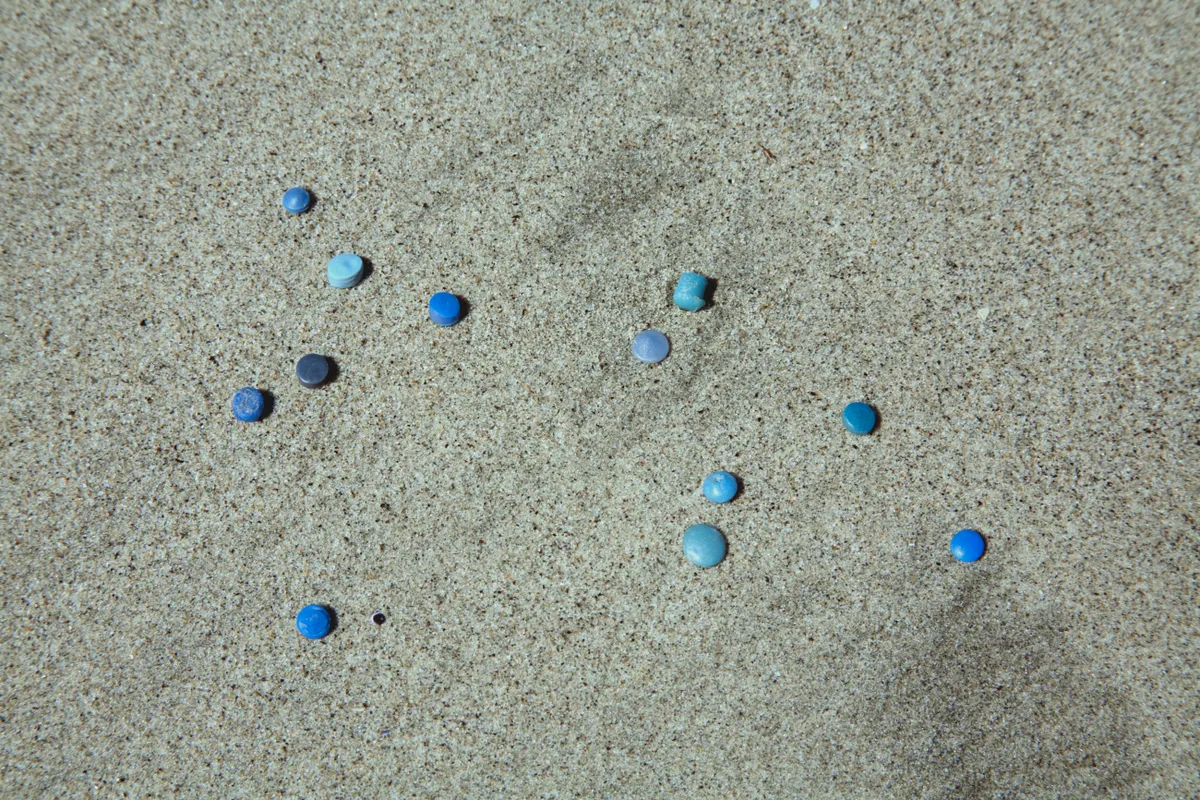
10
Reduce consumption
Cut down your own consumption – and not just of obvious plastic. A great deal of the plastic issues around clothing, for example, could be addressed if we bought fewer new clothes in response to seasonal fashion drives, and resold or repurposed the ones we have. Several clothing brands such as Rapanui Clothing offer vouchers to encourage clothing return or recycling programmes.
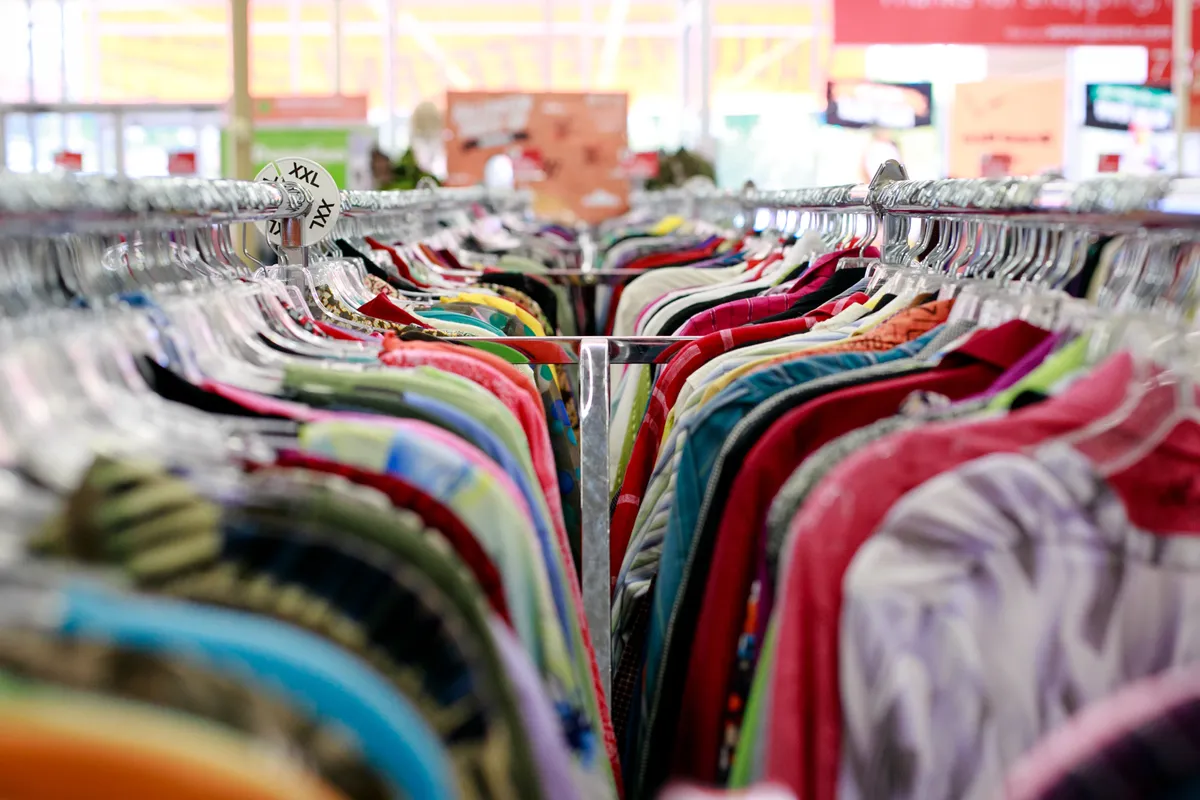
Can I recycle all plastic?
It is not easy, but it’s best to avoid using plastic in the first place. Some plastics cannot yet be recycled and some local authorities are better than others at recycling. Most local authorities now accept hard plastics in collections but check what they take. Generally, local authorities do not collect plastic bags, wraps and film. WRAP has a good resource to work out what plastics you can recycle.
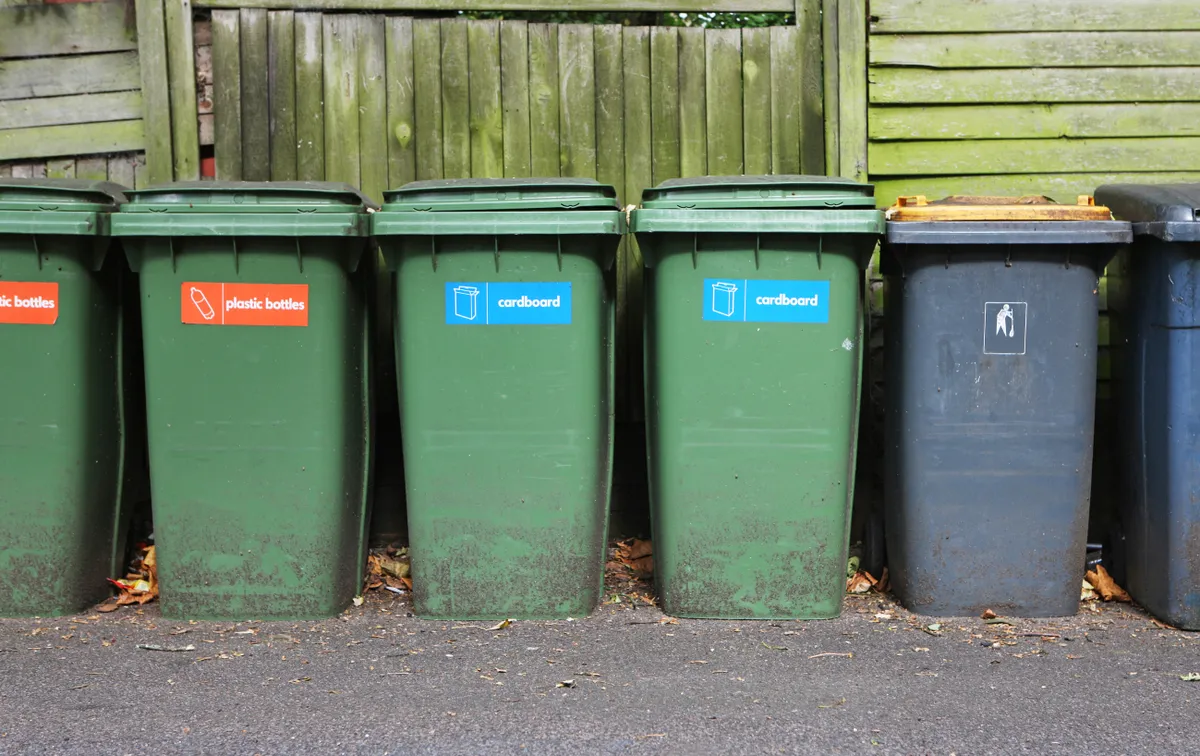
BBC Countryfile Magazine and plastic
Many readers have expressed concern that our magazine was previously sent to subscribers in a plastic polybag. We’re delighted to announce that we are now plastic free! ?
Immediate Media Co. has been looking for a sustainable wrapping solution for sometime and now thanks to Ecotricity, we will be replacing plastic for paper.
For more information, please visit:immediate.co.uk